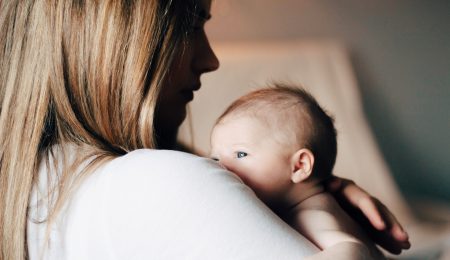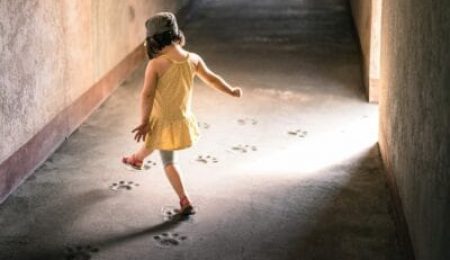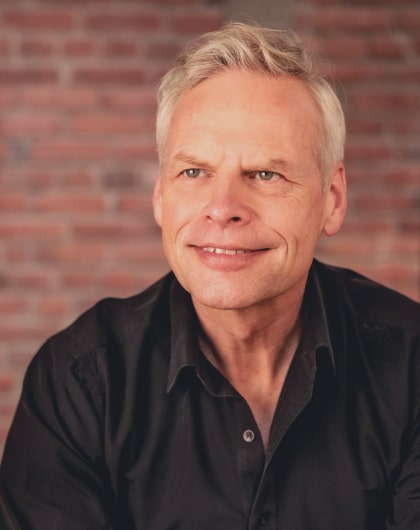Q1: I work as a speech therapist with children. When I hear you speak, it reminds me of the importance in psychological theory for children to grow up with soft hearts, good relationships and protection in order to develop their potential. Can you say more about this?
John: It’s true that what children most need is love, but it’s easy to confuse what love is. You can be loving in your self, but that doesn’t mean that you’re being what is real in your heart.
Openness and softness of heart naturally moves as love, but in our selves we’re able to replicate that. We’re able to be loving parents without really seeing our children and without really being seen, so being a loving parent isn’t all of the picture.
Being unconditionally open and soft in our heart while we’re with our children – that’s it. That’s what they’re looking for. As soon as that is there, then you’re together. If you’re just being a ‘loving parent,’ you’re not together. If you’re being a ‘loving parent’ then you’re doing good, but not necessarily being what matters more.
Q1: So it’s not so important what we are doing but more how we are following our heart?
John: Yes. Children don’t listen to your words. They read you. If what you are being is real, then you’re in your words and they listen – not because of your words but because of you.
Q1: So if we work with children we often have to work with the parents and soften the heart?
John: Yes. If children don’t listen to you, it’s not because of anything you’re saying. If a child doesn’t listen to you, it’s because a child can’t see you.
Q1: So we are working too much with what to do instead of working with who we are.
John: Yes. If a child is being difficult – not if a child has difficulty, but if a child is being difficult – it’s the parent. In a similar way, if a dog is being difficult, it’s not the dog but the owner. A child as well as an animal will react to incohesive meaning.
When meaning is cohesive, everything naturally loves learning. Real parenting, then, is a parent being cohesive meaning.
Q2: My partner’s daughter recently said that she doesn’t want to be here on earth. I don’t know in practical ways how to talk with her, or how to be in this situation in the way that’s best for her.
John: She doesn’t need a change in her circumstance. If, as a woman, a mother comes from what she really is, then the level of meaning that the daughter knows in her self she comprehends from her parent.
Q2: So my partner and the father need to do their job in being more in their heart?
John: Not just more in the heart, but completely and at any cost. Then the daughter can see.
Q2: And she can relax and be a child again?
John: She can relax directly into meaning and be meaning again. What children love is meaning. If a child can’t really see a depth of meaning in the parent, then the child loses a sense of meaning.
A child coping with that is going to compensate for that lack of meaning, so the child will then stretch into what doesn’t have meaning, looking for meaning. Then the child becomes lost, similar to the parent.
A loving parent who’s lost is confusing for a child. When the self of the parent is more open and soft than the heart of the parent, the child will be fundamentally confused. As long as the heart of the parent is more open and soft than the self of the parent, the child will feel safe. The child is safe in meaning and sees it in the parent.
A parent’s concern is, in some way, dreadful for a child, whereas a parent’s real seeing is clear and home for a child.







